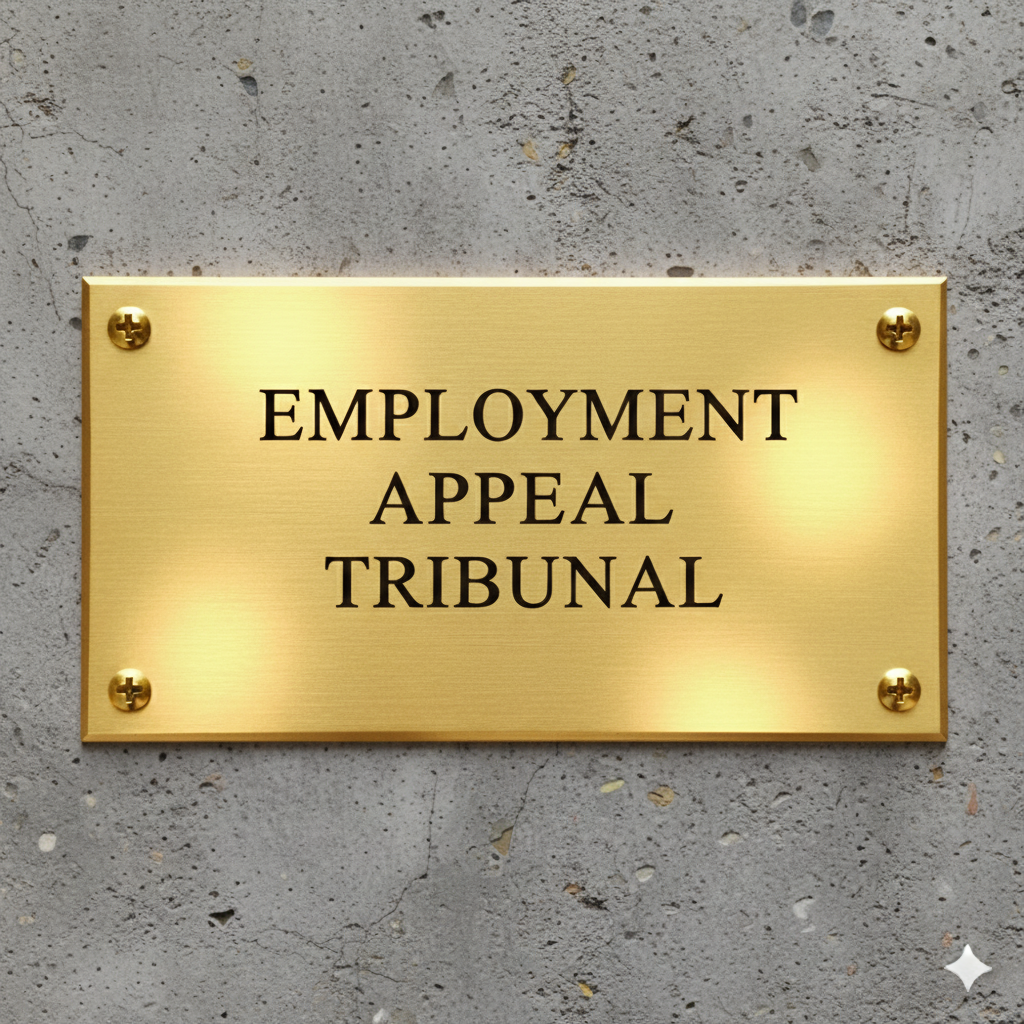Tribunal Erred in Striking Out Claim Due to Apparent Bias and Unfairness
The EAT reversed a strike-out, highlighting errors and apparent bias when a tribunal suggested and then upheld a strike-out application against an unrepresented claimant.
• public
Employment Appeal Tribunal Finds Error in Strike-Out Decision
The Employment Appeal Tribunal (EAT) has overturned a decision by a Reading Employment Tribunal to strike out a claimant's case, citing errors in law, apparent bias, and material procedural unfairness. The case, PP v GG Limited [2025] EAT 65, centred on claims of protected disclosures, victimisation, race discrimination, and monetary disputes.
At the initial Employment Tribunal hearing, the claimant, referred to as PP, presented a 25-page application to strike out the respondent's (GG Limited) response. This application included serious allegations such as concealed evidence, harassment, data breaches and attempts to sabotage the claimant's life.
The Employment Tribunal initially refused an application from GG Limited to strike out PP's claim, but then suggested that, if PP’s allegations were unfounded, GG Limited may apply to strike out the claim on the basis that PP had conducted the proceedings unreasonably, scandalously or vexatiously by making unfounded allegations. Following this suggestion, GG Limited made such an application, which the Tribunal upheld, dismissing PP’s original claims.
Key Issues and Grounds for Appeal
PP appealed the Employment Tribunal's decision on several grounds, including:
- The Employment Tribunal created a 'false dichotomy' by suggesting the claimant's strike-out application must either succeed or her case be struck out.
- The Employment Tribunal failed to consider whether the claimant had a genuine belief in the allegations she made.
- The Employment Tribunal reached a perverse conclusion that a fair trial was not possible.
- Apparent bias and/or material procedural unfairness stemming from the judge suggesting an application to the respondent and then upholding it on that same basis.
EAT's Findings: Tribunal Erred in Law
Judge Stout, presiding over the EAT hearing, found that the Employment Tribunal had indeed erred in law. Specifically, the EAT concluded:
- The Employment Tribunal failed to take account of relevant factors relied on by the claimant.
- The Employment Tribunal perversely decided that the claimant's making of unfounded allegations made a fair trial impossible.
- The combination of the Employment Tribunal having suggested the application to the respondent and then gone on to uphold it on that same basis, together with other weaknesses in the Tribunal’s reasoning, gave rise to material unfairness and/or an appearance of bias.
The EAT emphasised that employment tribunal proceedings are adversarial, not inquisitorial, and it is generally inappropriate for a tribunal to suggest a strike-out application to one party, especially when they are legally represented.
Remittal to Employment Tribunal
As a result of the EAT’s decision, the case has been remitted back to the Employment Tribunal. The original judge and panel members are barred from any further involvement in the proceedings. The EAT made a point of saying that it was unlikely to be appropriate for either party to repeat the strike-out applications that were decided by the Tribunal in the judgment.
Given the outcome of this appeal, the Employment Tribunal may first need to deal with the claimant’s capacity to litigate and, if she (or a litigation friend acting on her behalf) makes the appropriate application, it will need to decide whether to reconsider the decision refusing anonymity.
This case serves as a reminder of the high standards of impartiality and fairness expected of employment tribunals, particularly when dealing with unrepresented parties.
Read the entire judgement here: PP v GG Limited [2025] EAT 65
